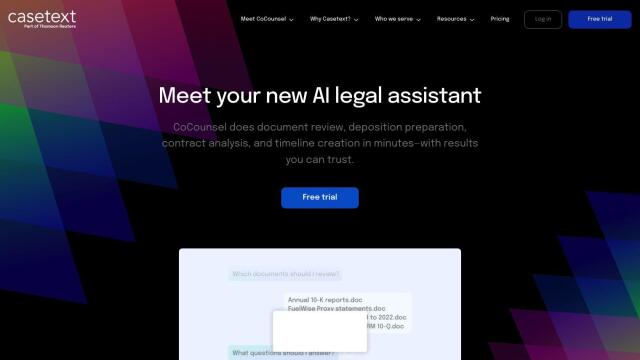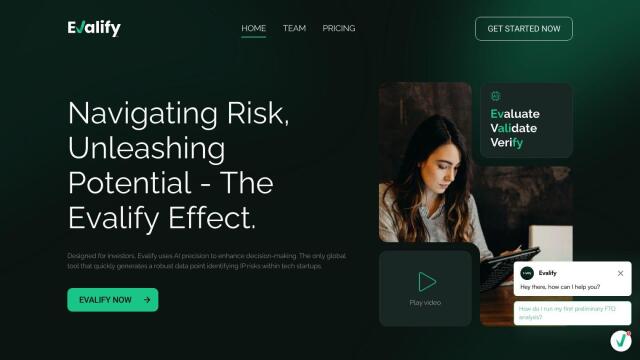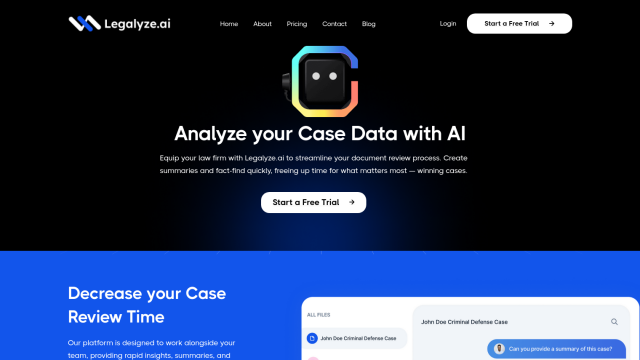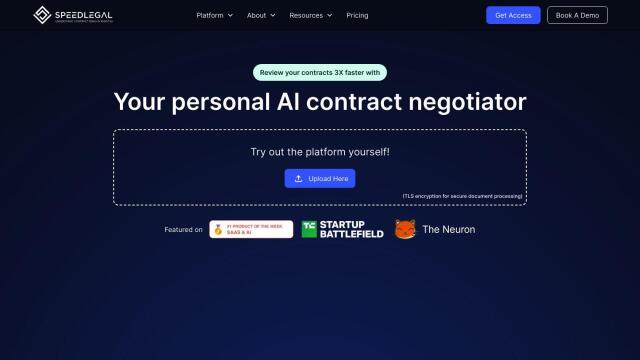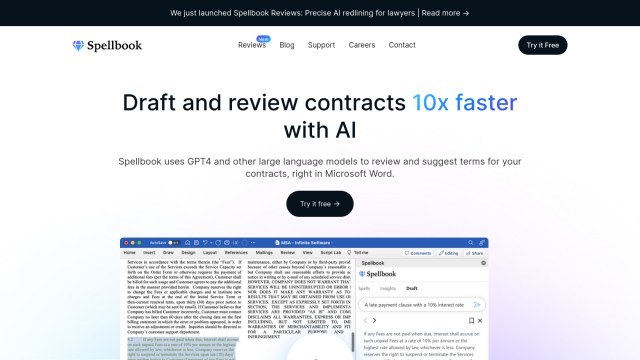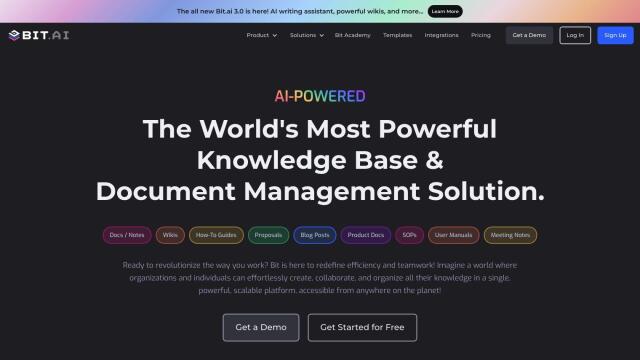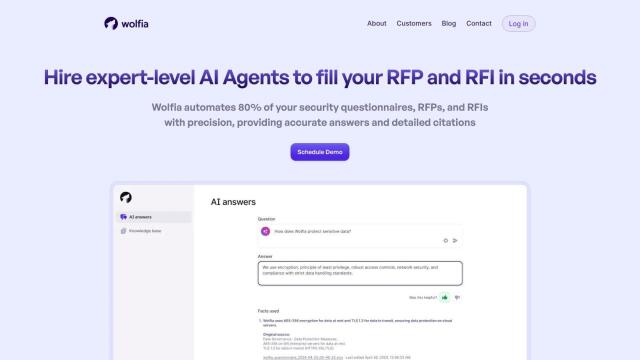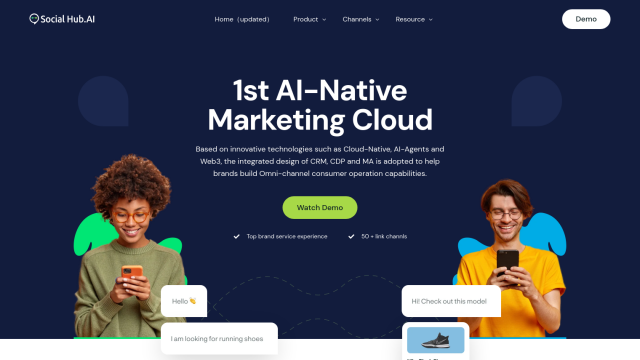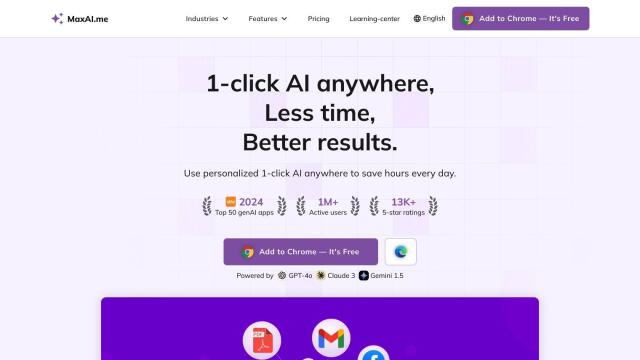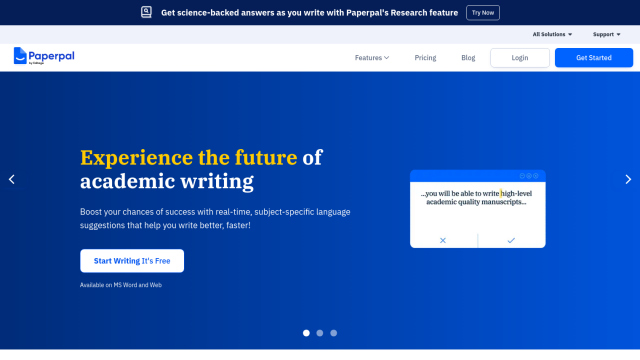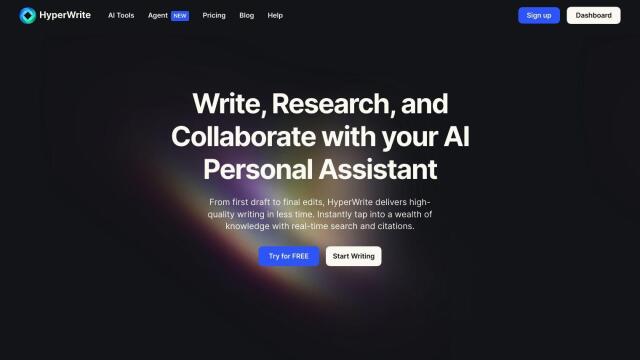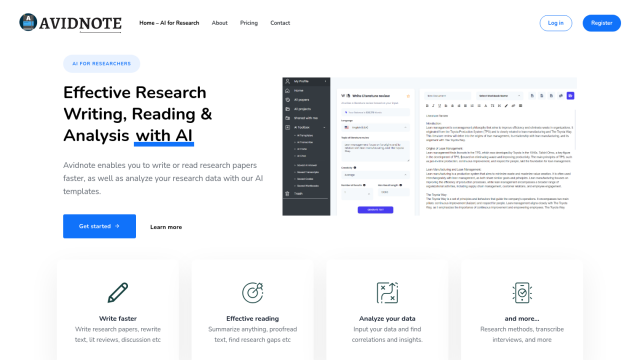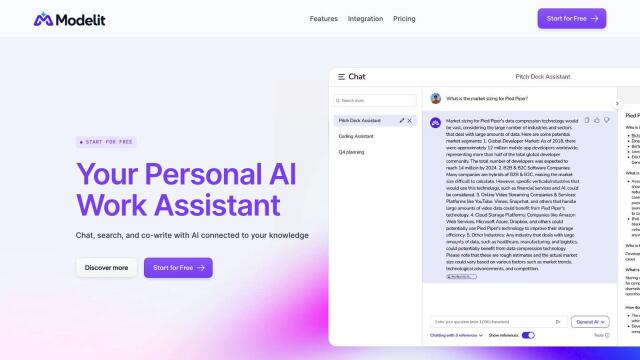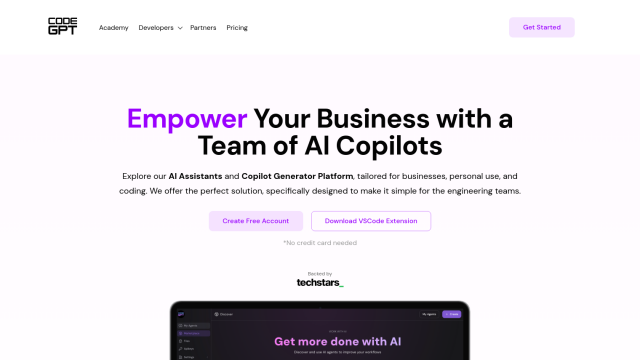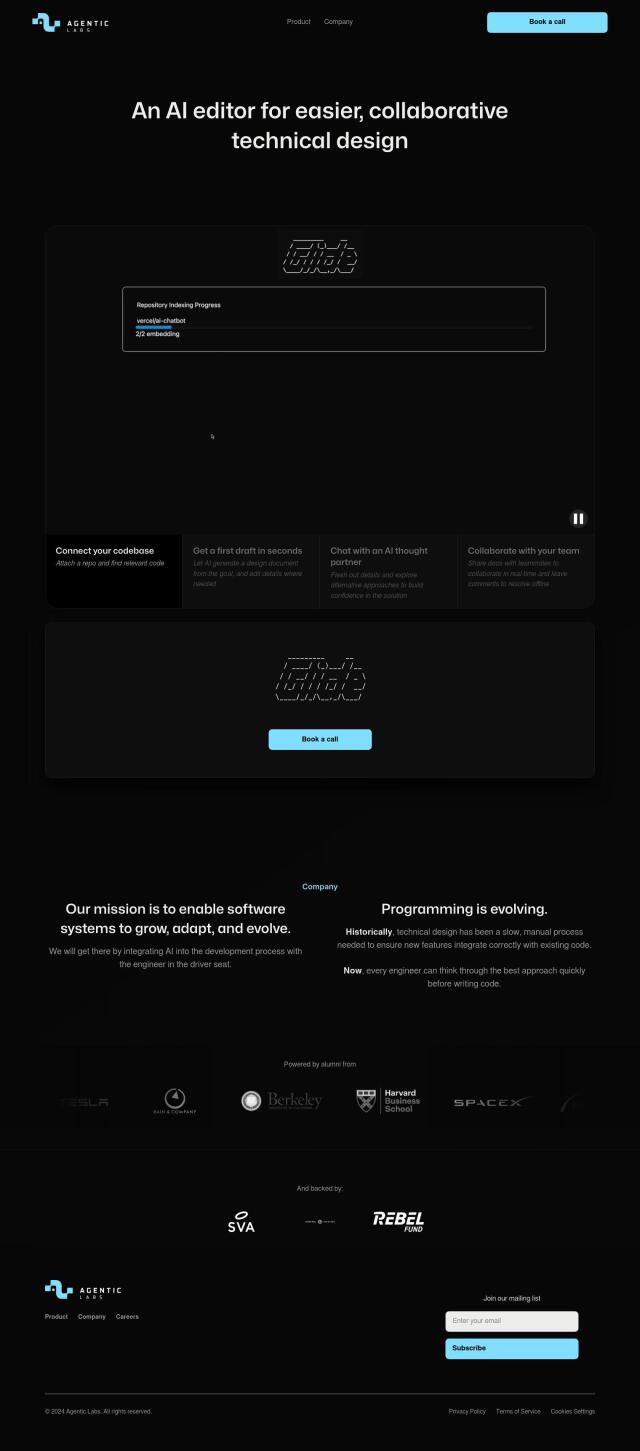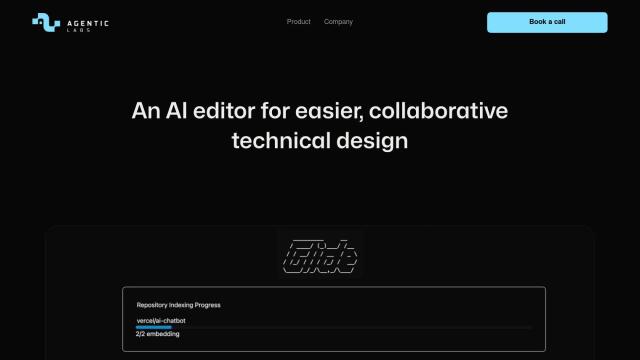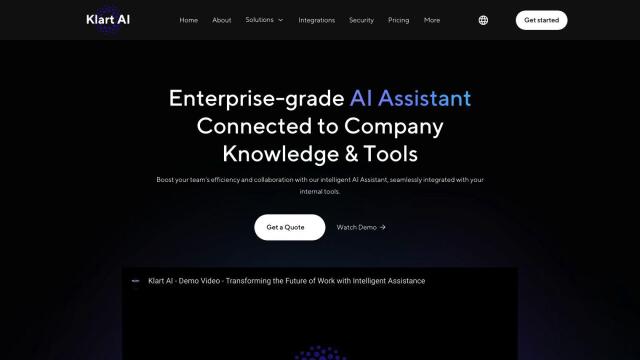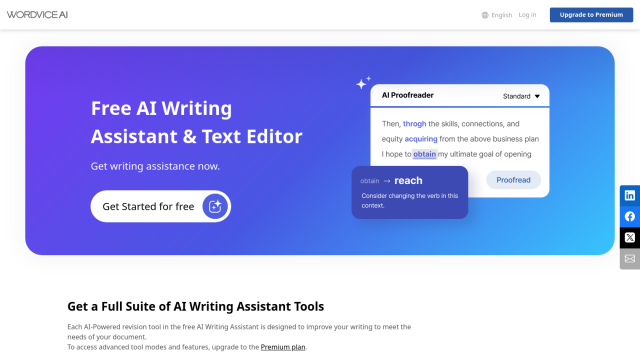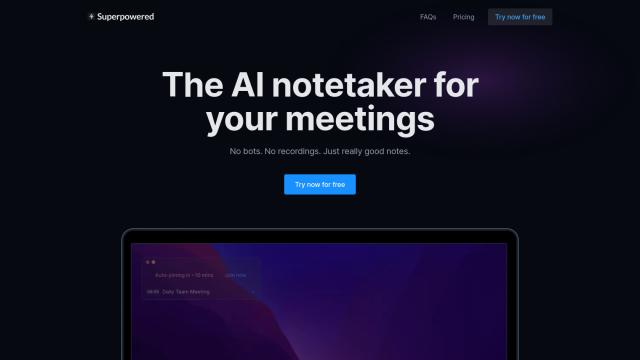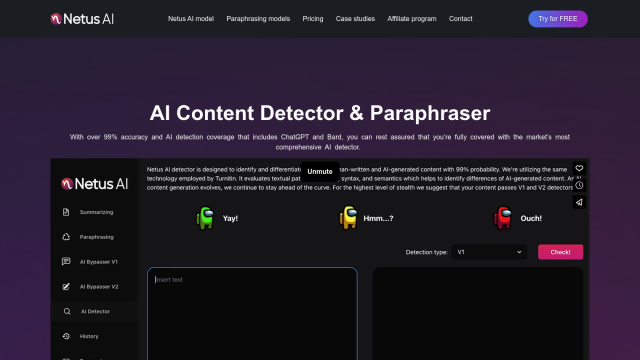Question: I'm looking for an AI-powered patent writing solution that ensures confidentiality and adaptability.

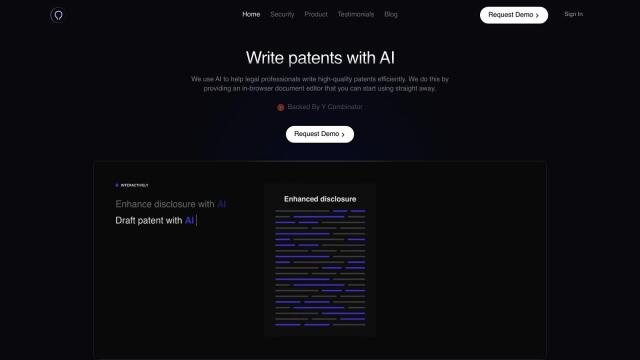
Solve Intelligence
For an AI-powered patent writing tool that balances confidentiality and flexibility, Solve Intelligence is a top contender. It has an in-browser document editor and is completely private, but it also offers an interactive and flexible interface that lets users control how much AI is involved. It's been widely adopted by IP firms, which have seen improvements in patent quality and a reduction in drafting time and costs with efficiency gains of 60-90%.

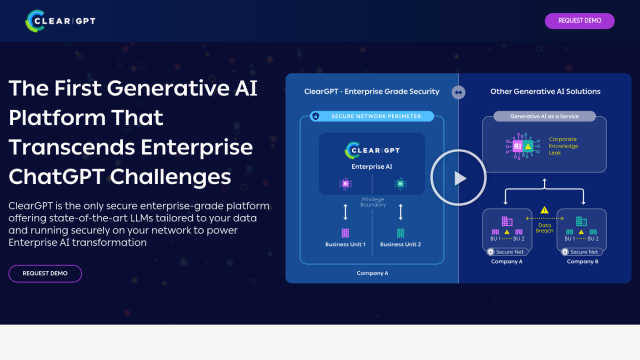
ClearGPT
ClearGPT is another contender. It's a secure, enterprise-grade platform that uses generative AI and Large Language Models for maximum control and corporate IP protection. With features like role-based access, data governance and a human reinforcement feedback loop, ClearGPT has zero data leakage and enables AI innovation across enterprise business units. It's designed for internal enterprise use, with high performance, customization and low operating costs.

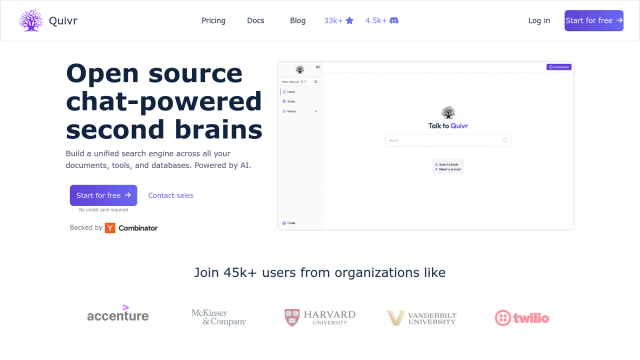
Quivr
If you're looking for a tool with a strong security and confidentiality focus, Quivr is a strong contender. Quivr is an open-source personal productivity assistant that uses AI technology to provide a unified search engine across documents, tools and databases. It's got private and local AI interactions that don't rely on public models, so it's got strong confidentiality and strong security options, too. That makes it a good choice for organizations that want to keep their data private.

